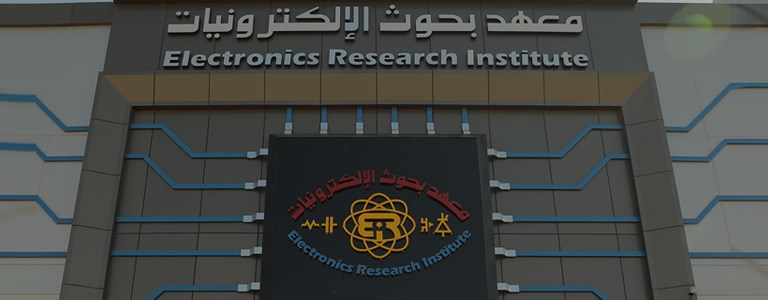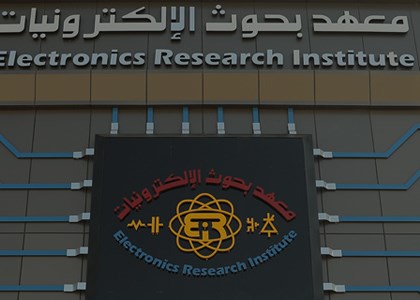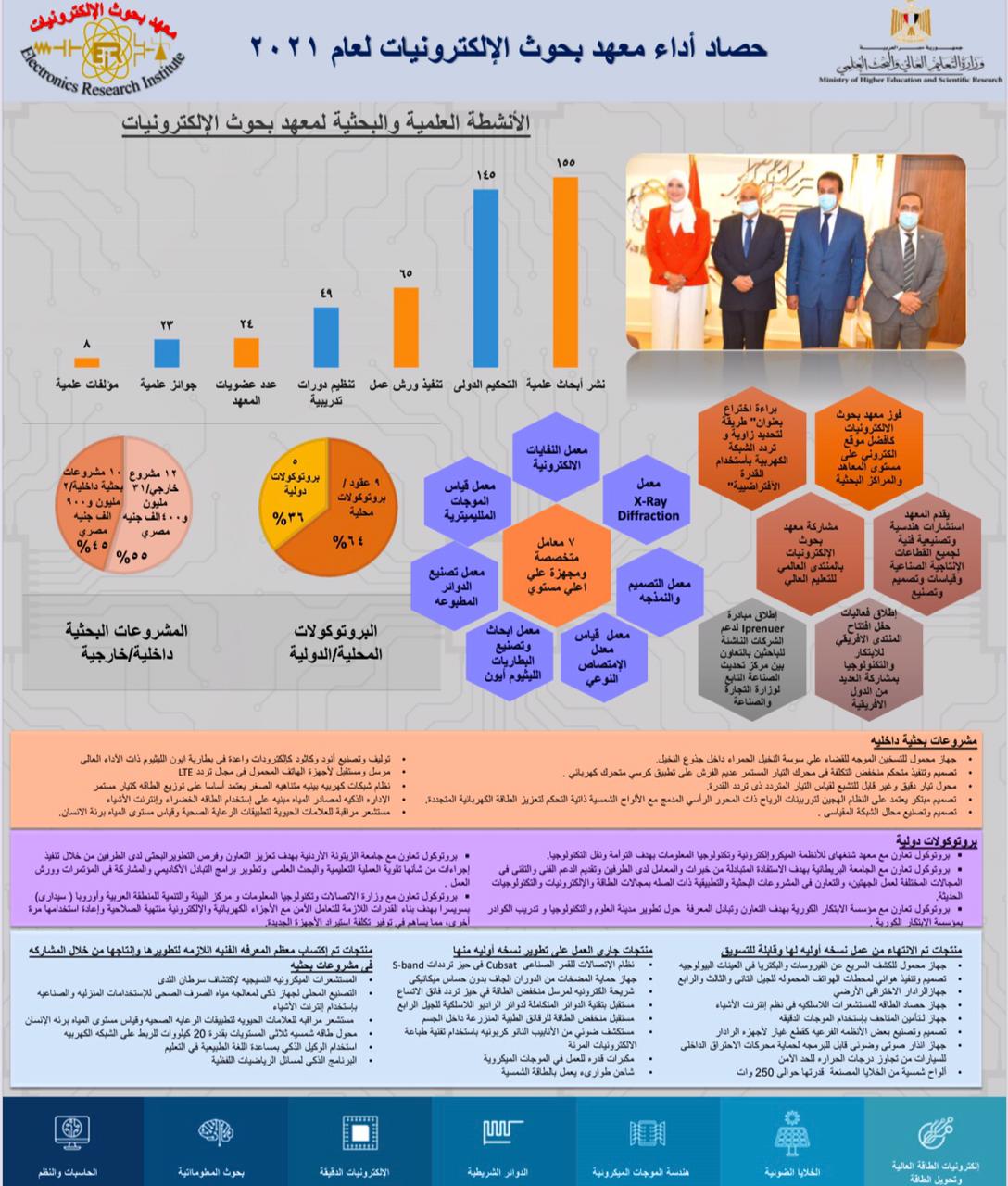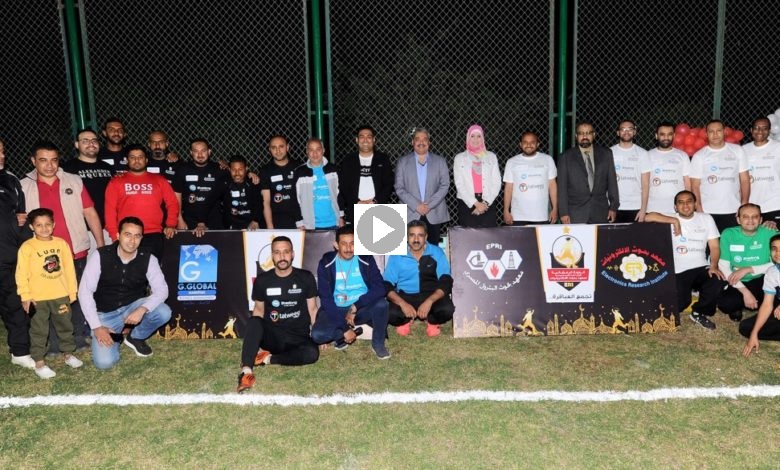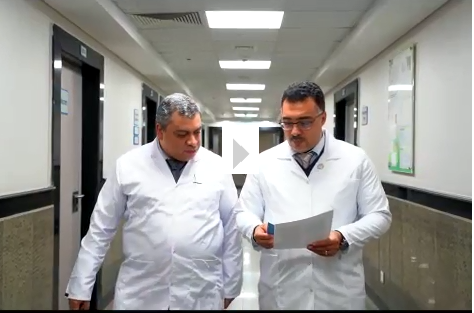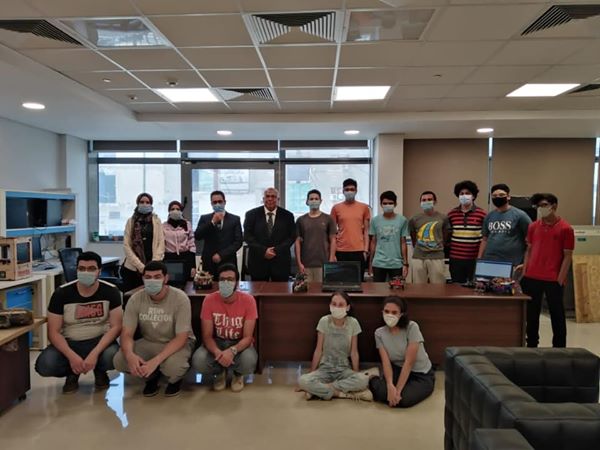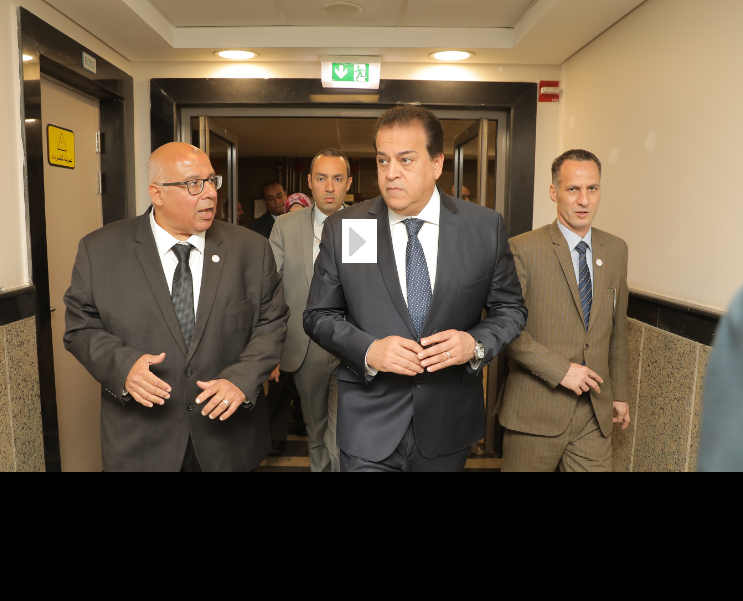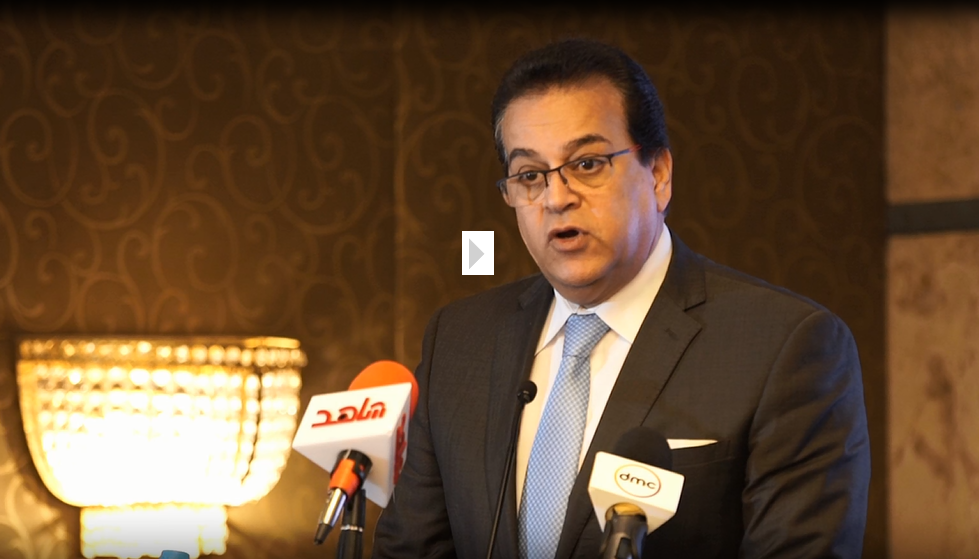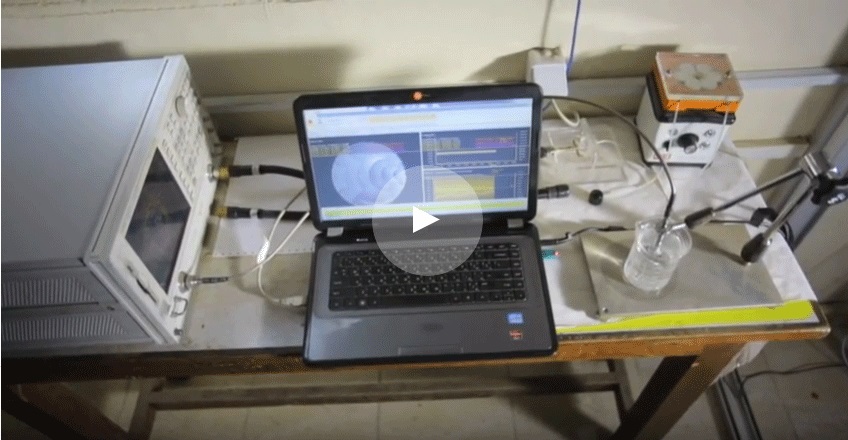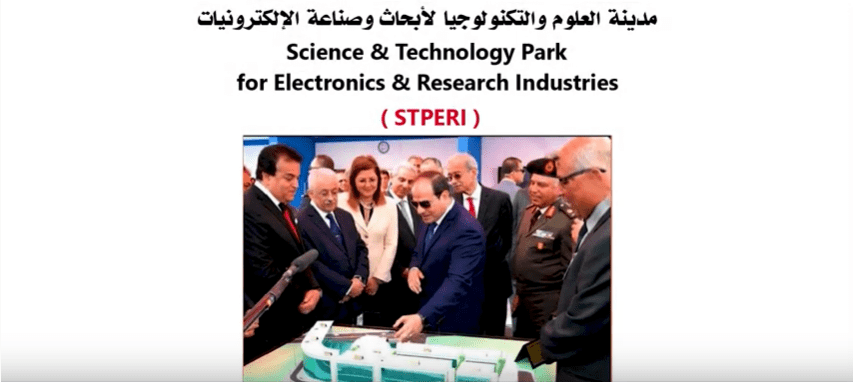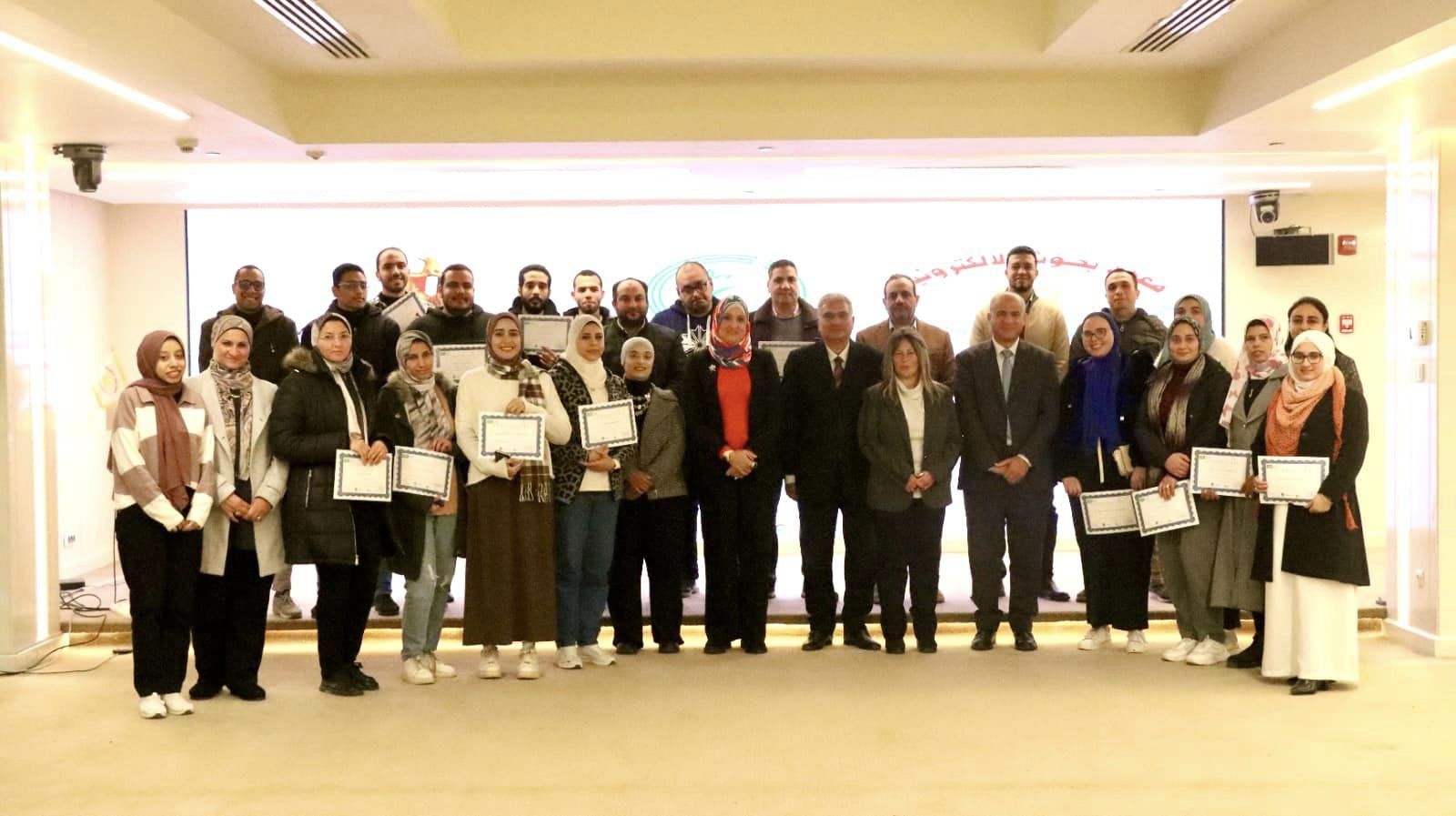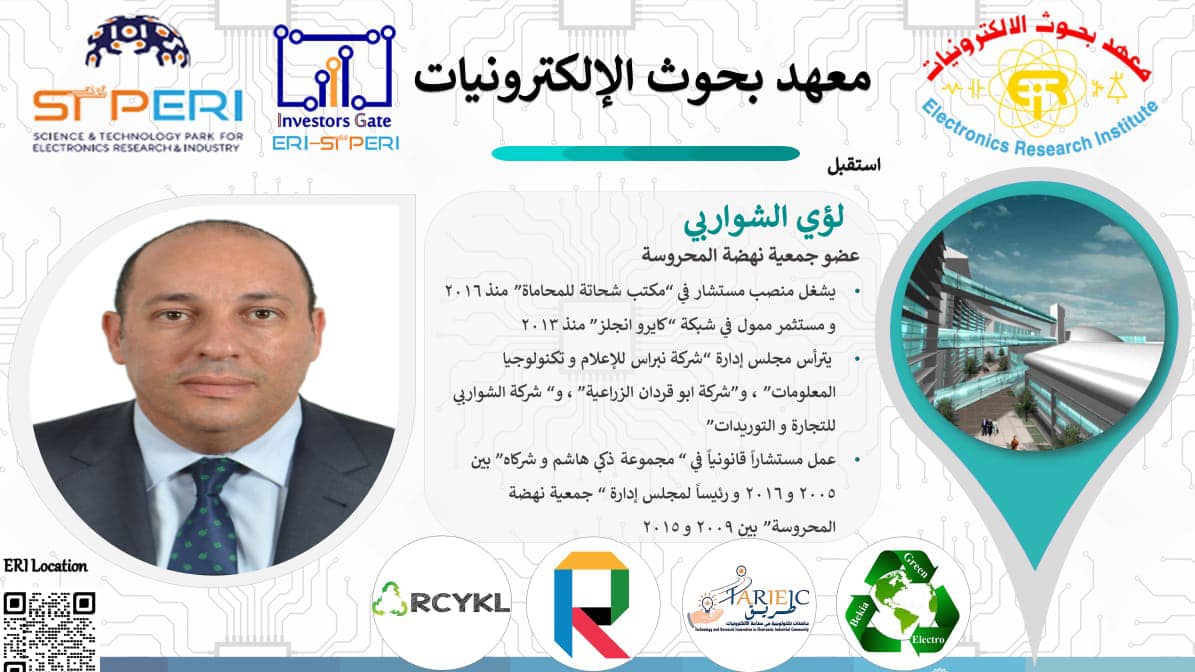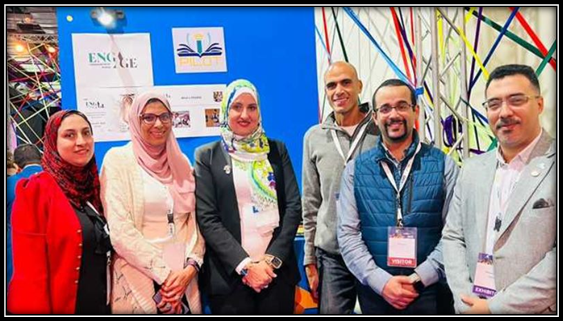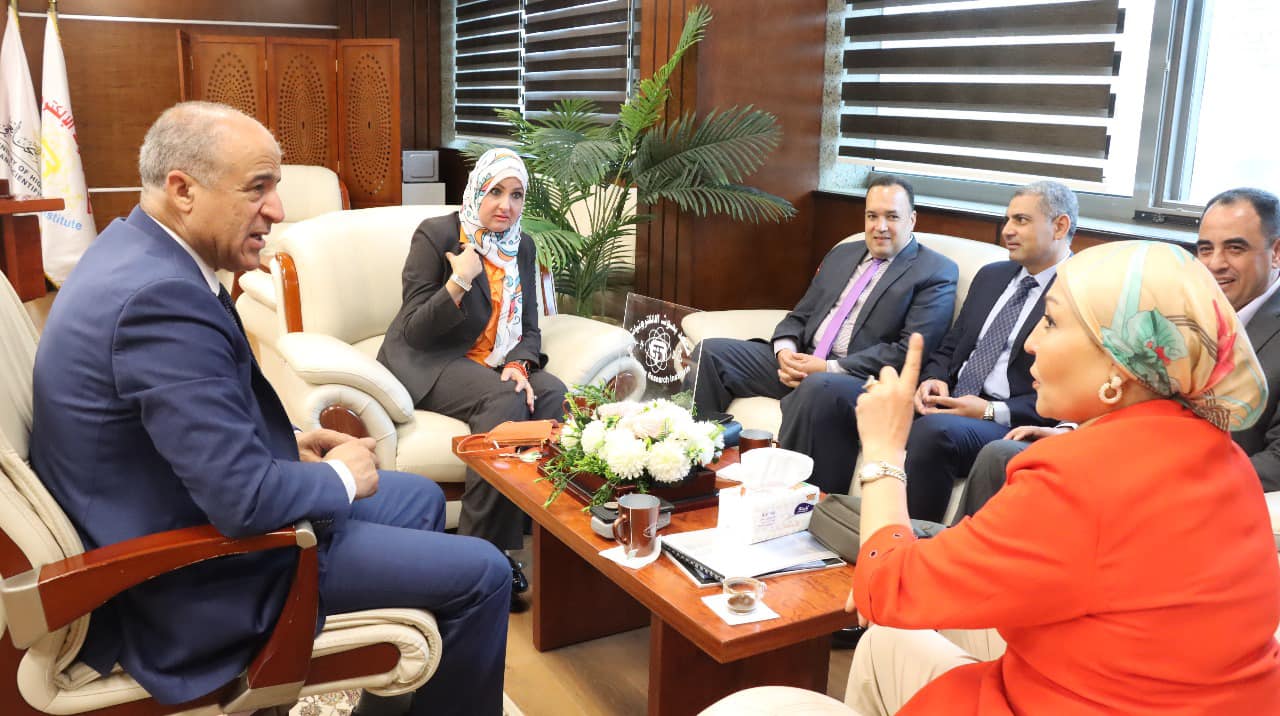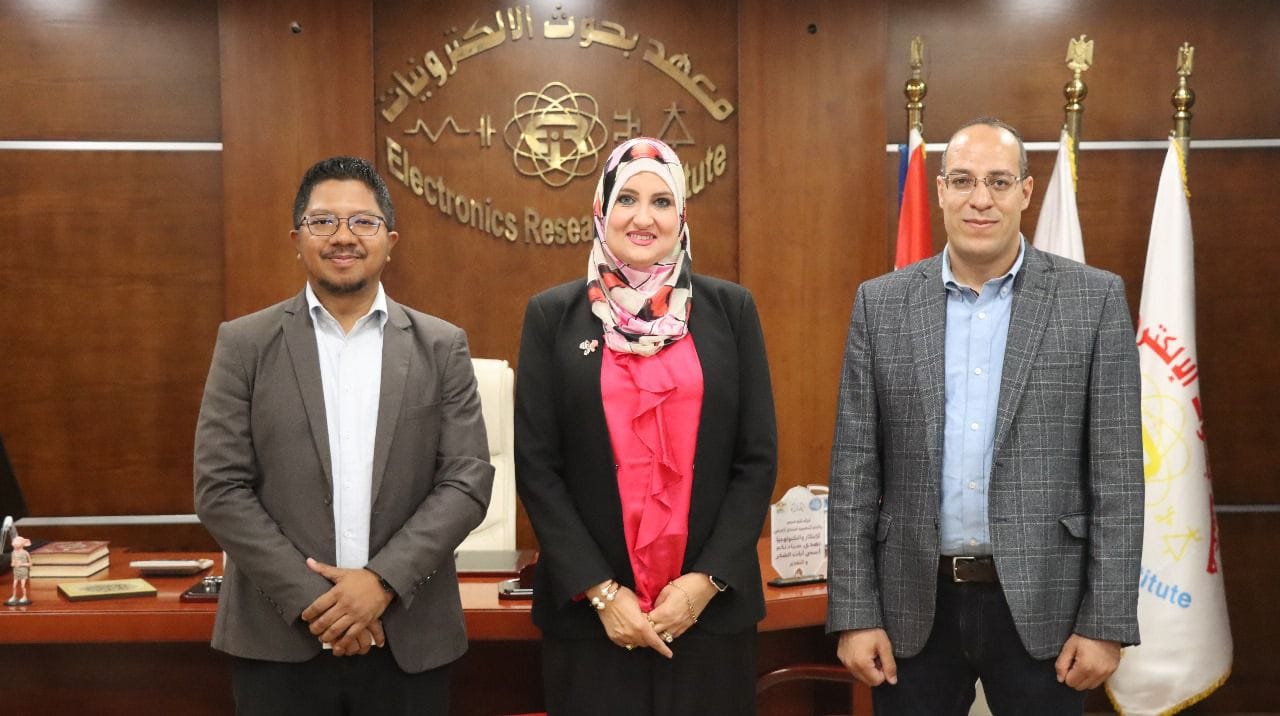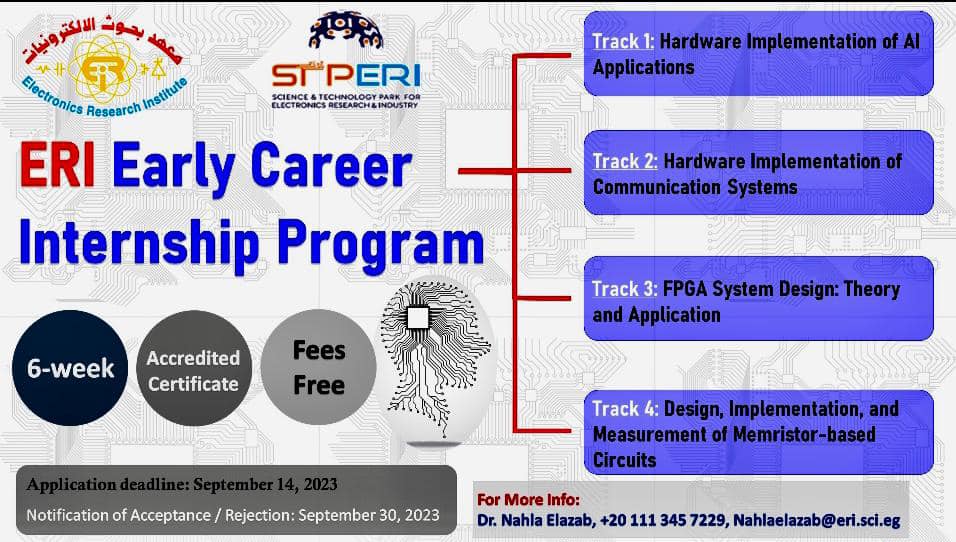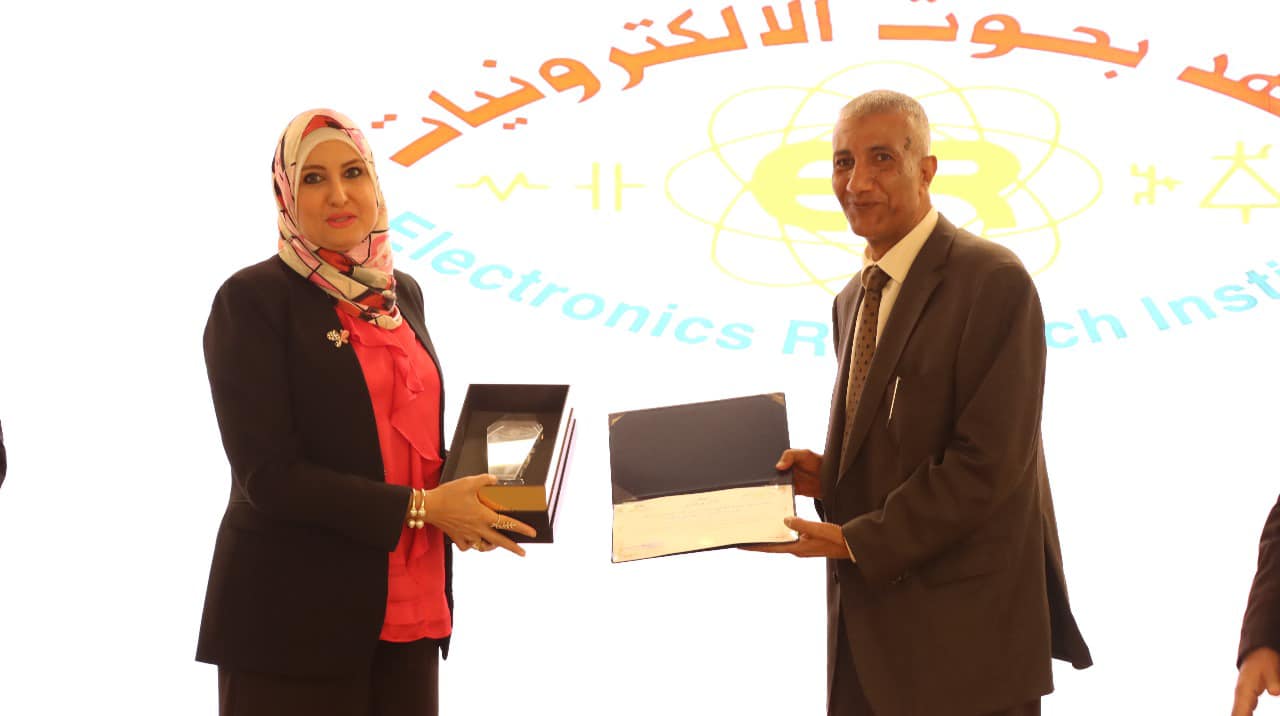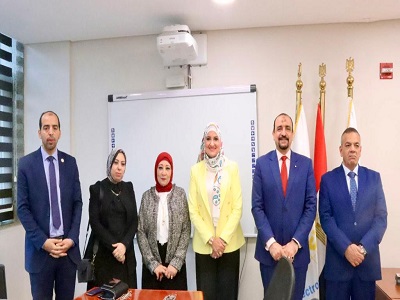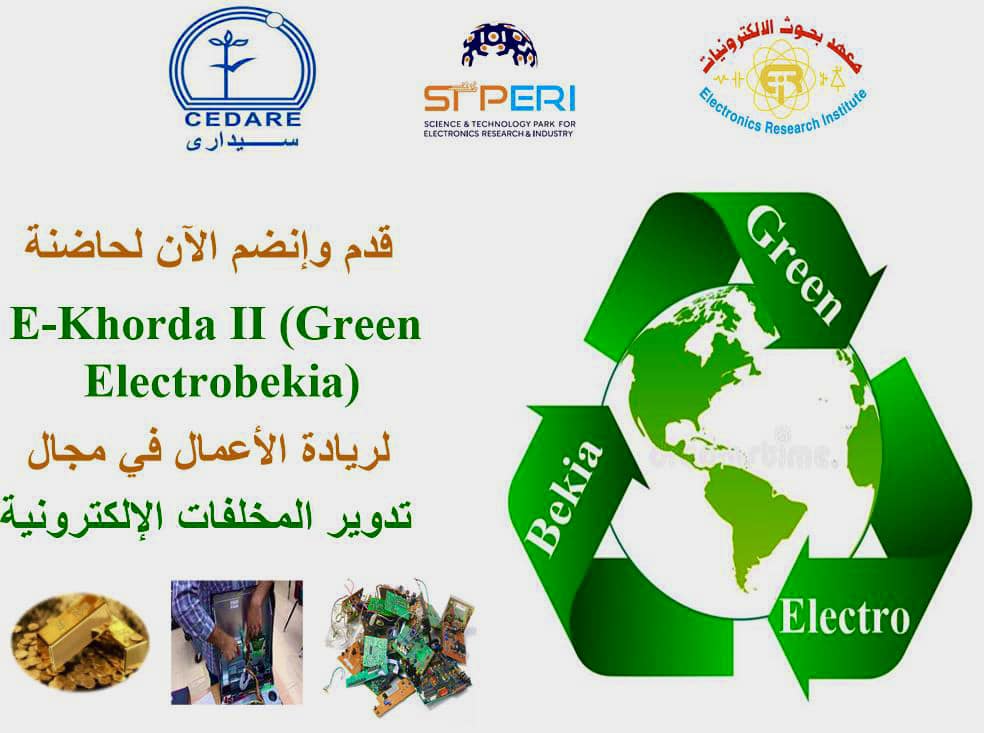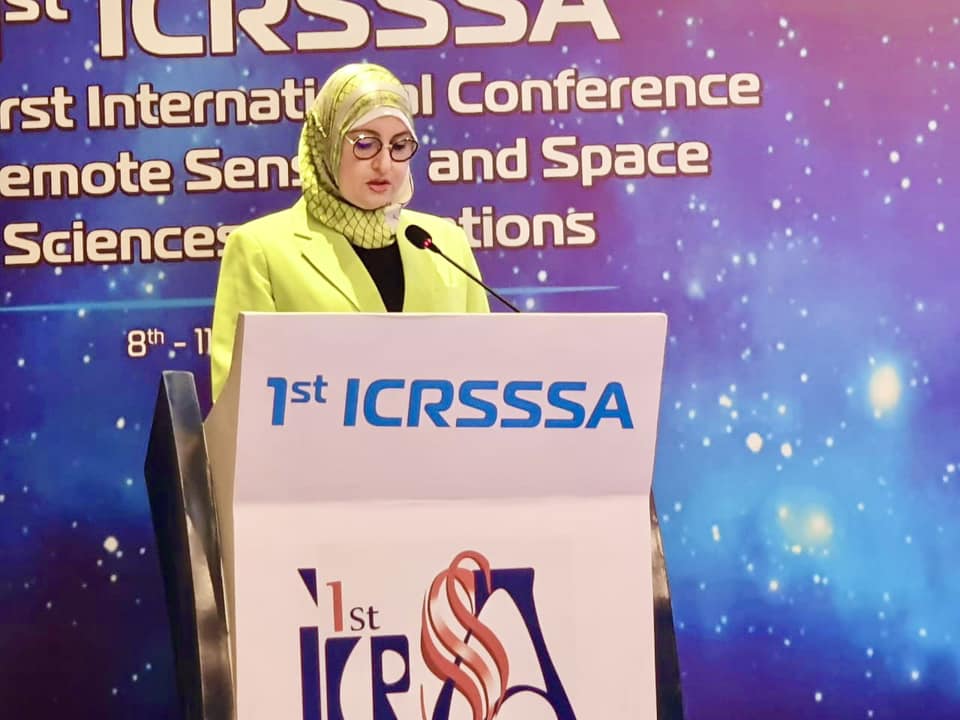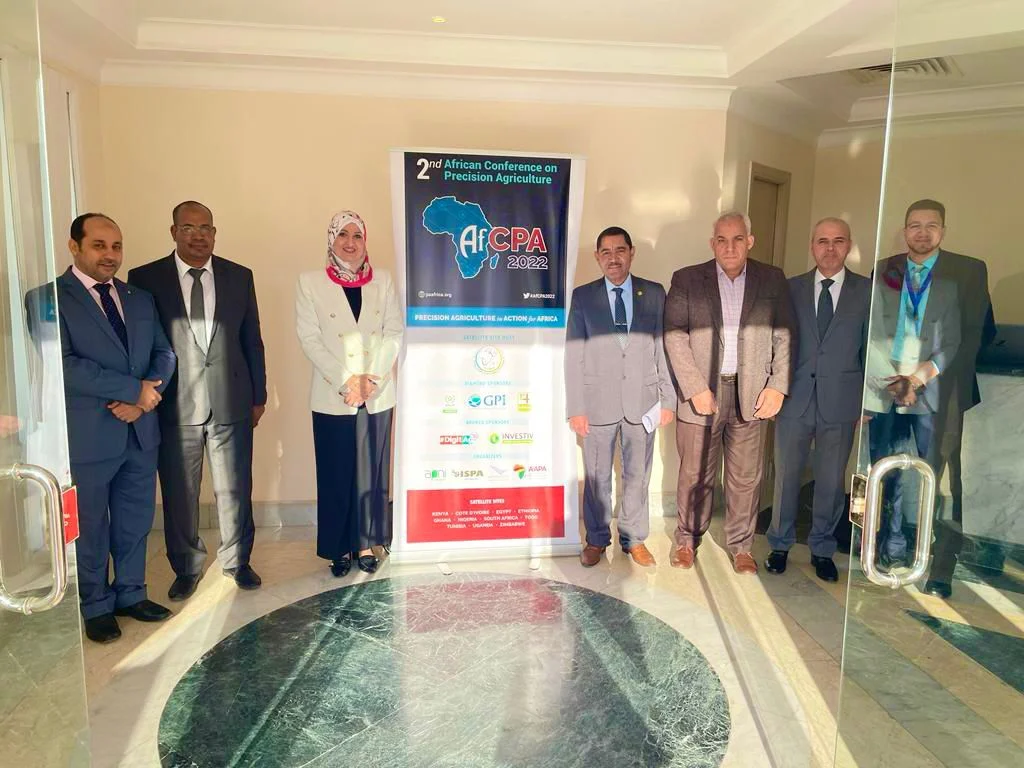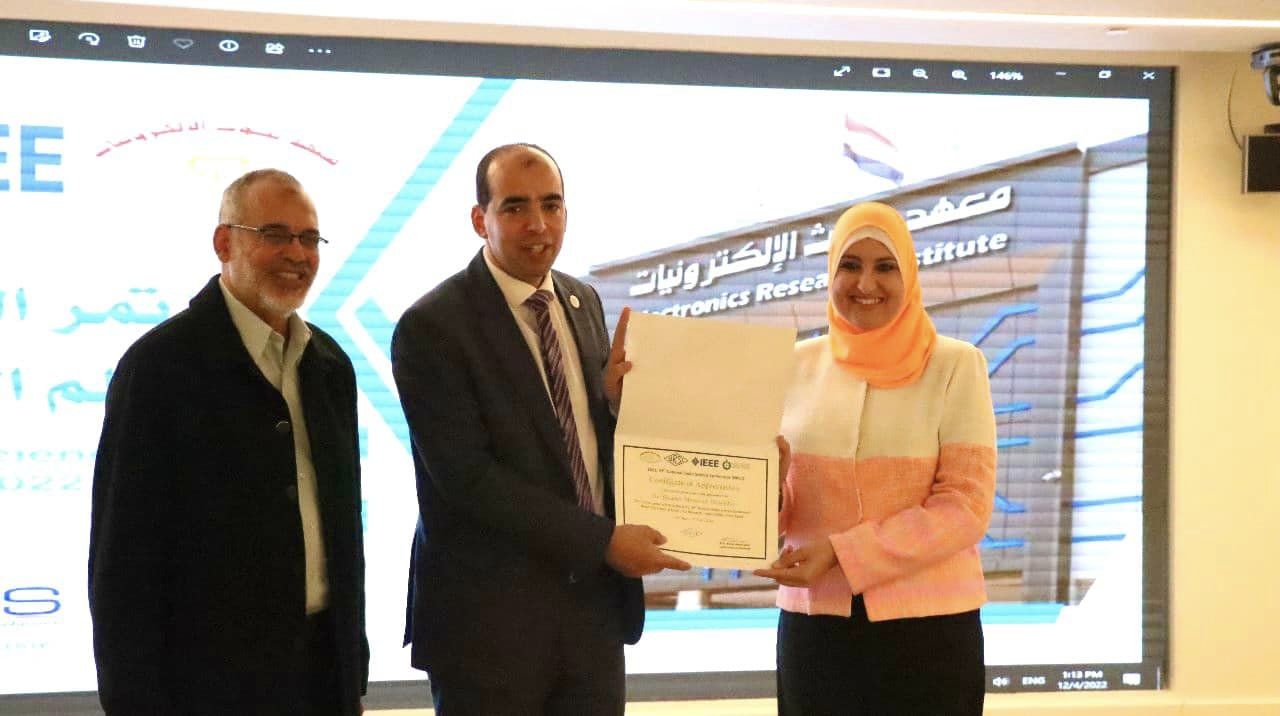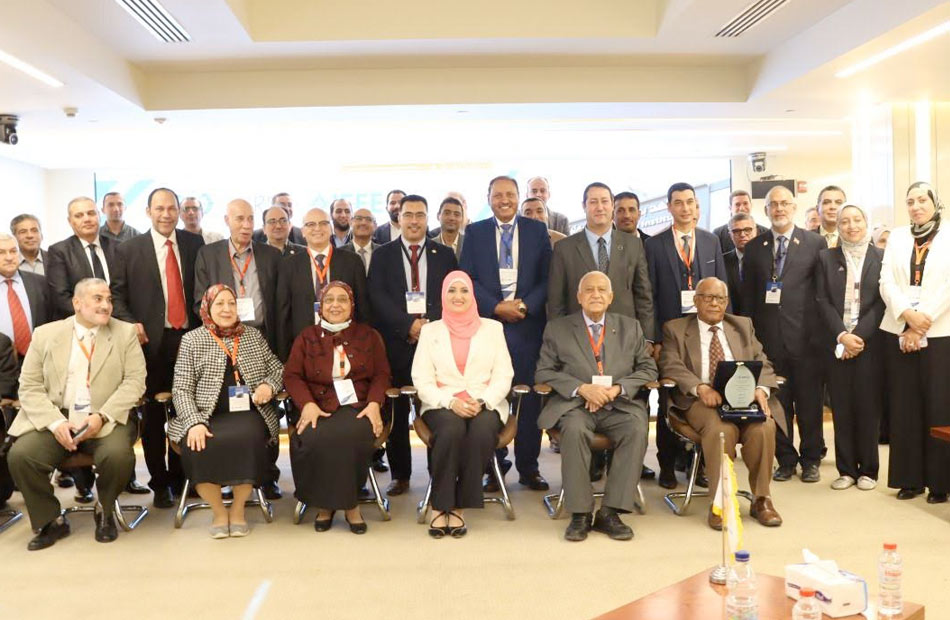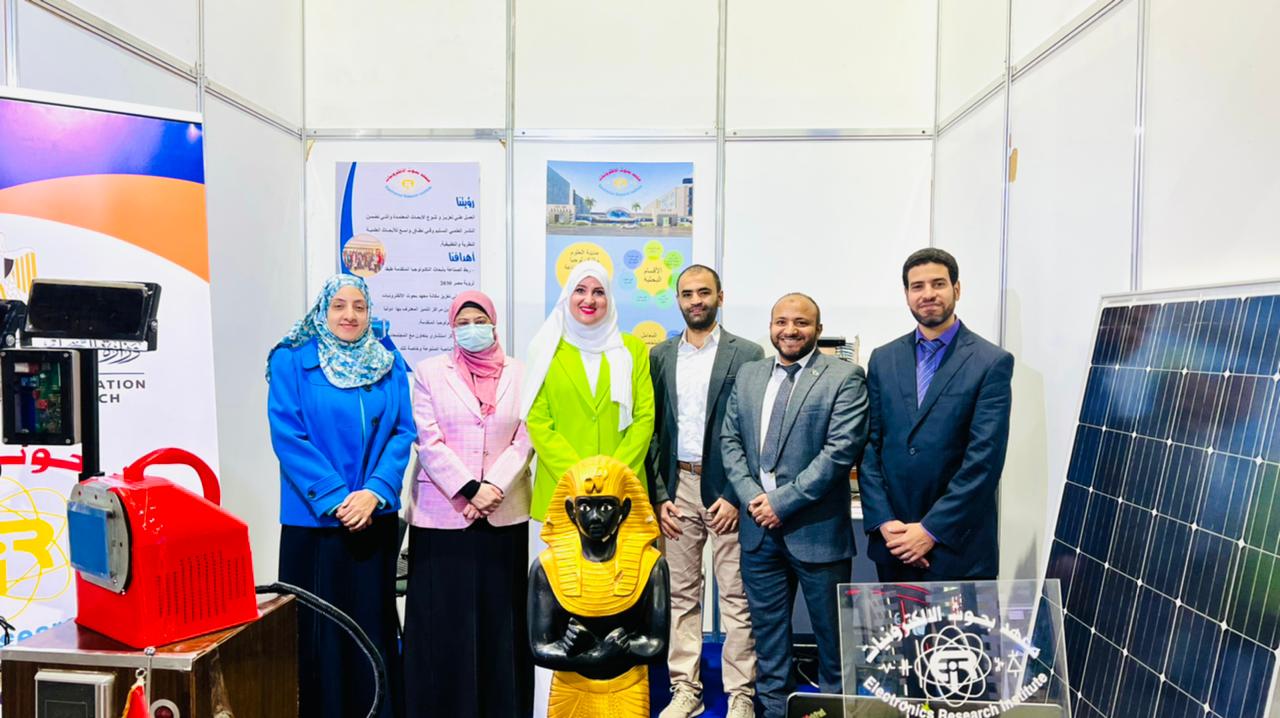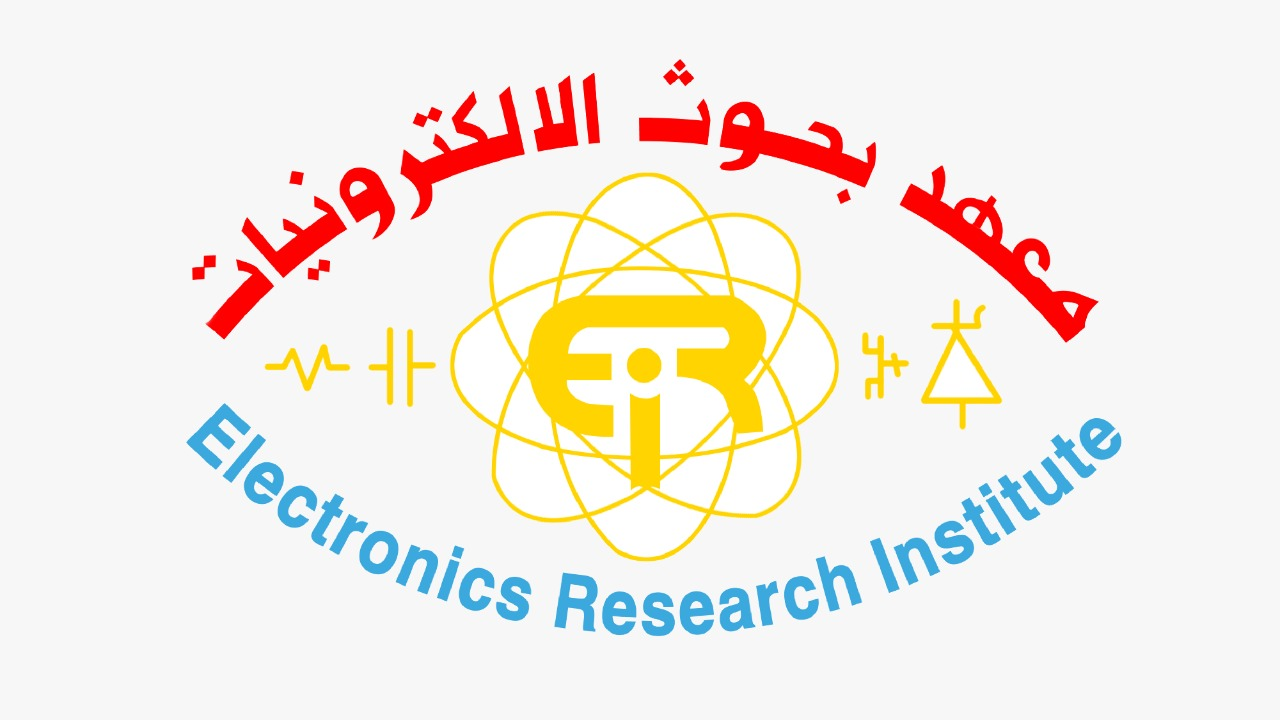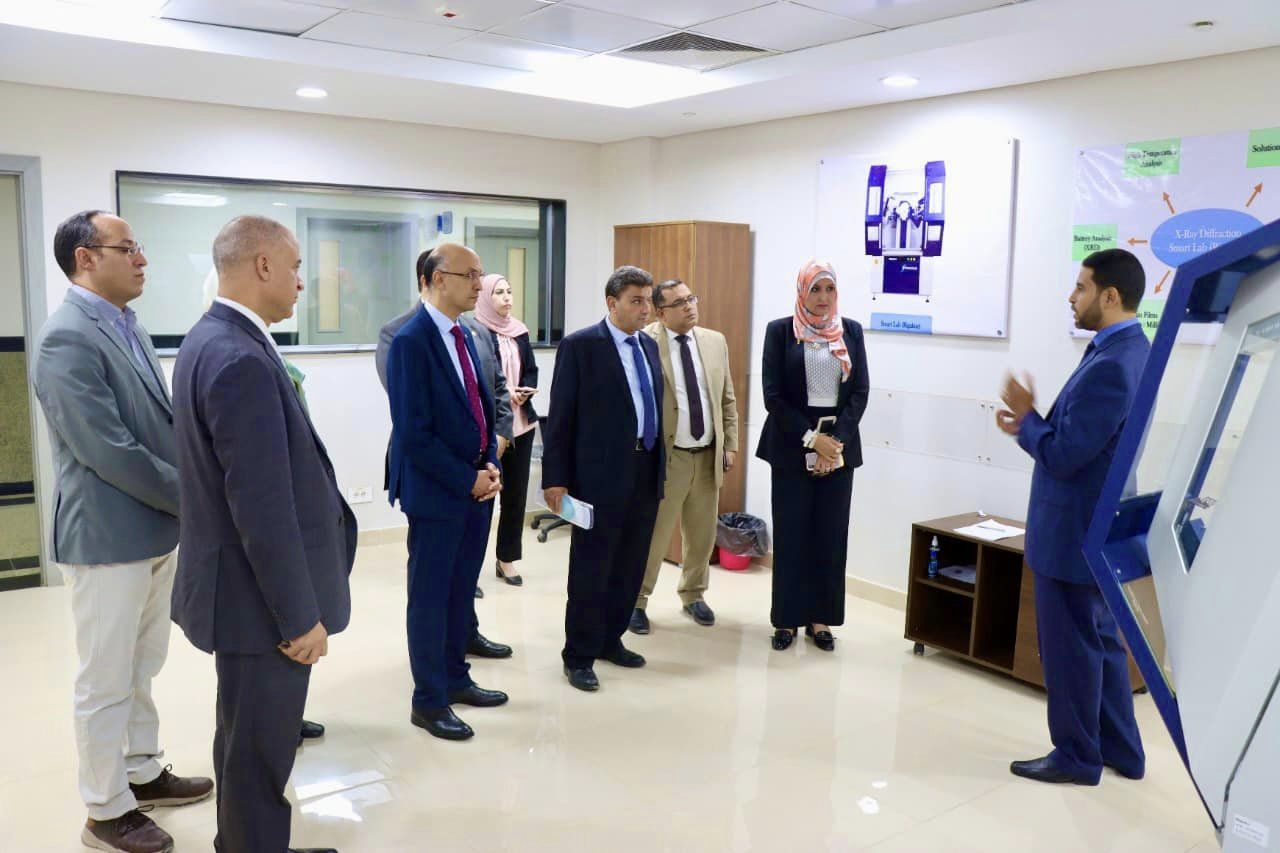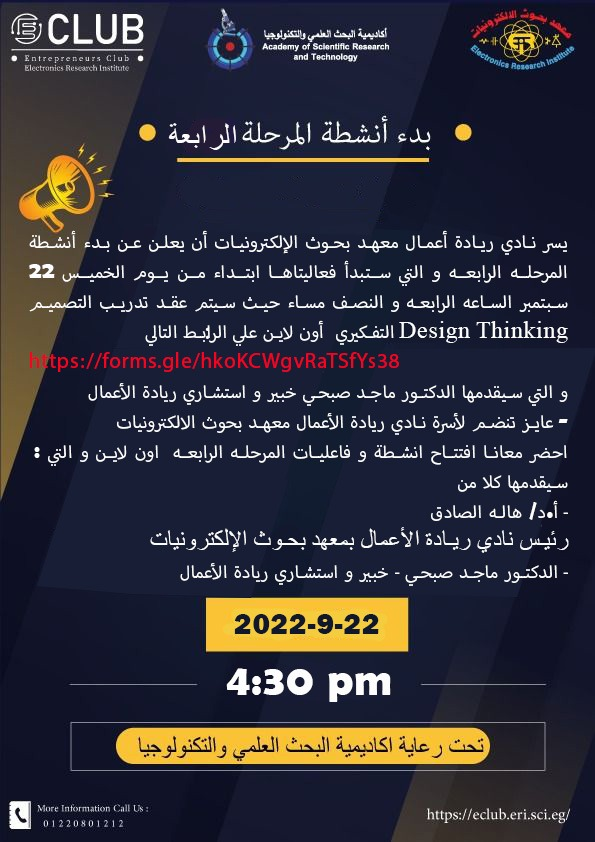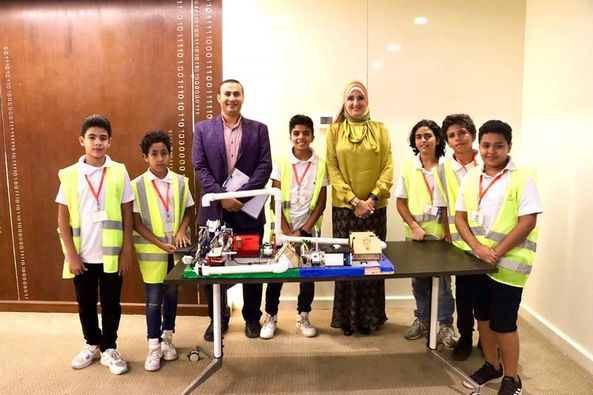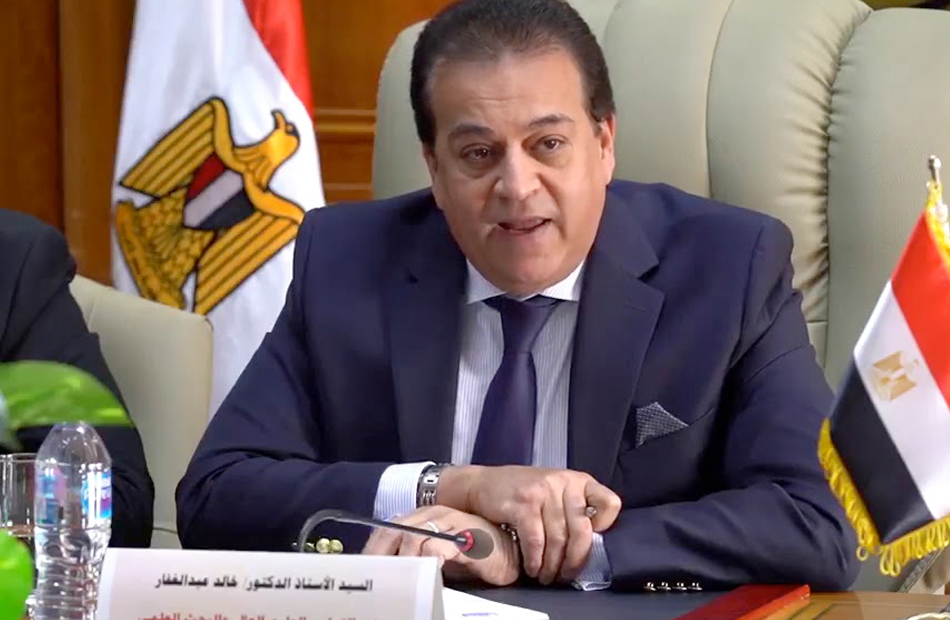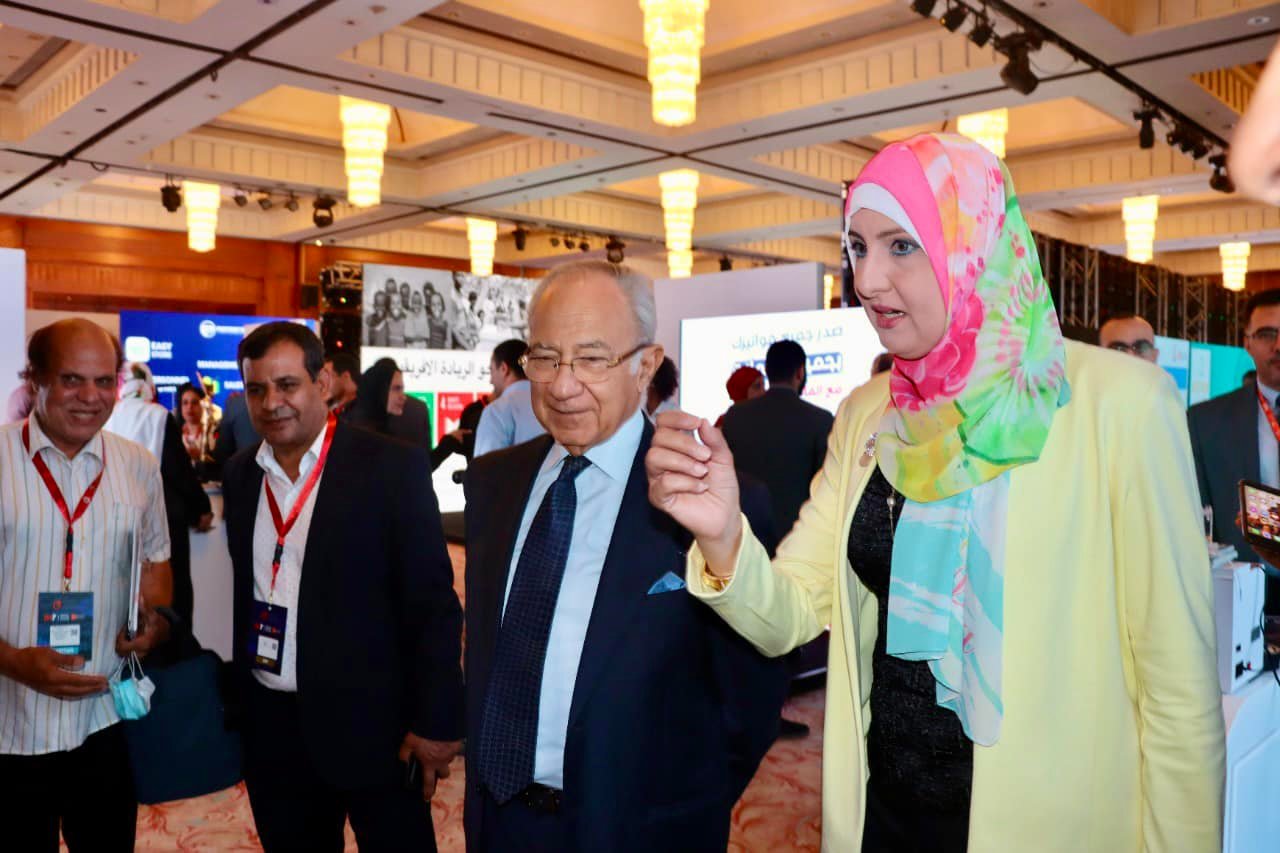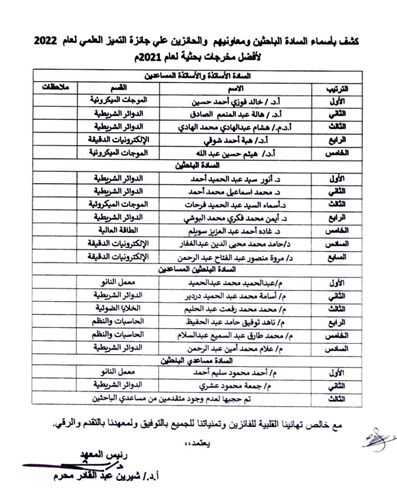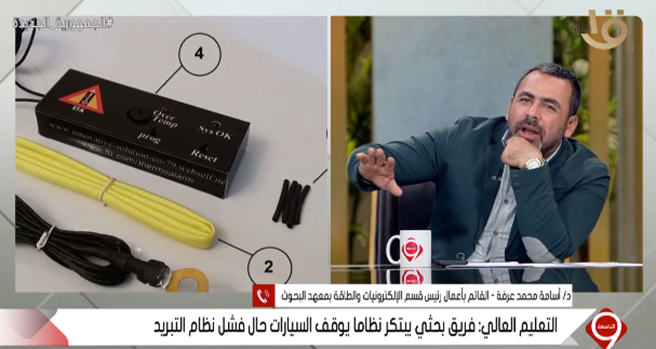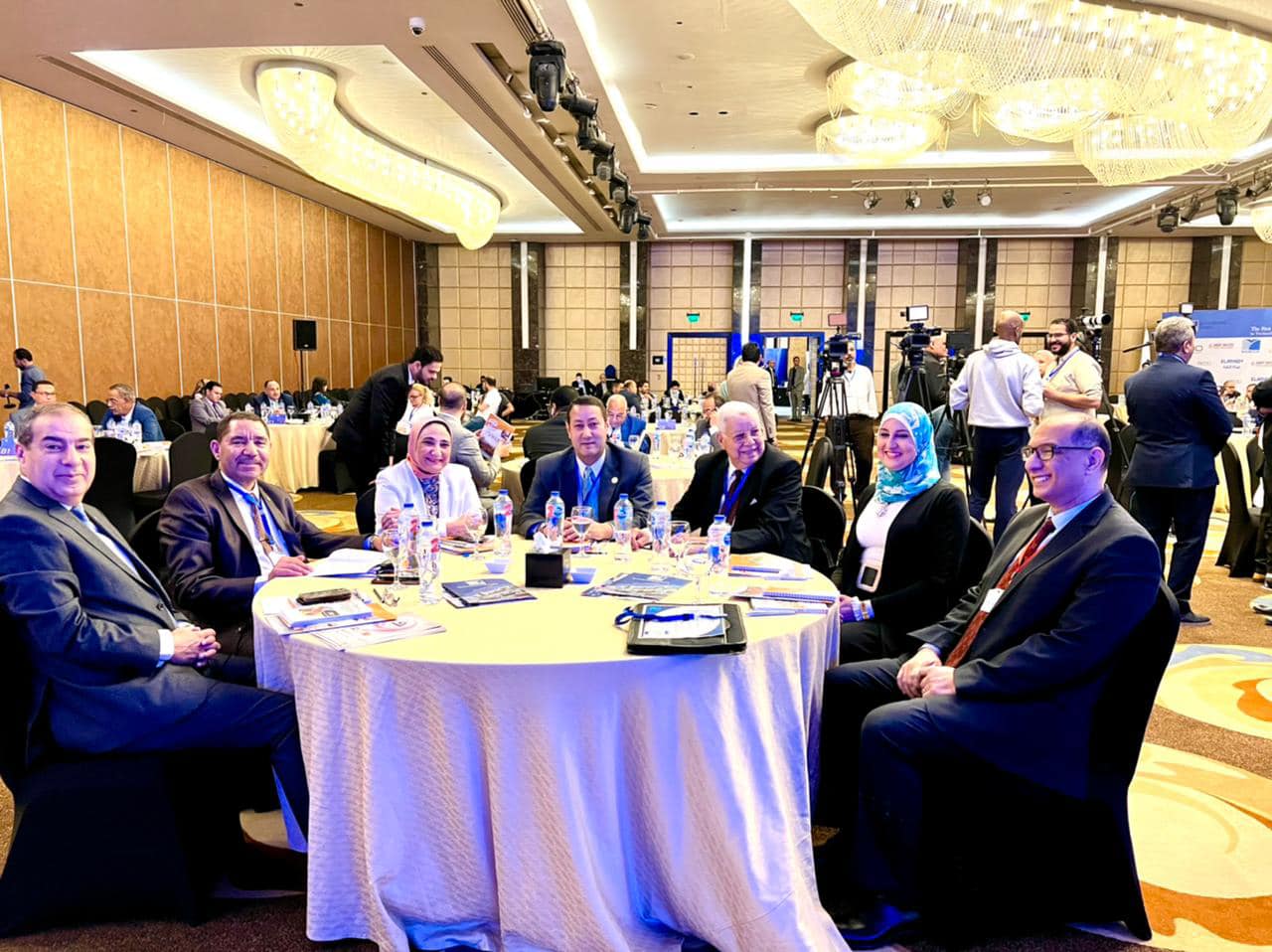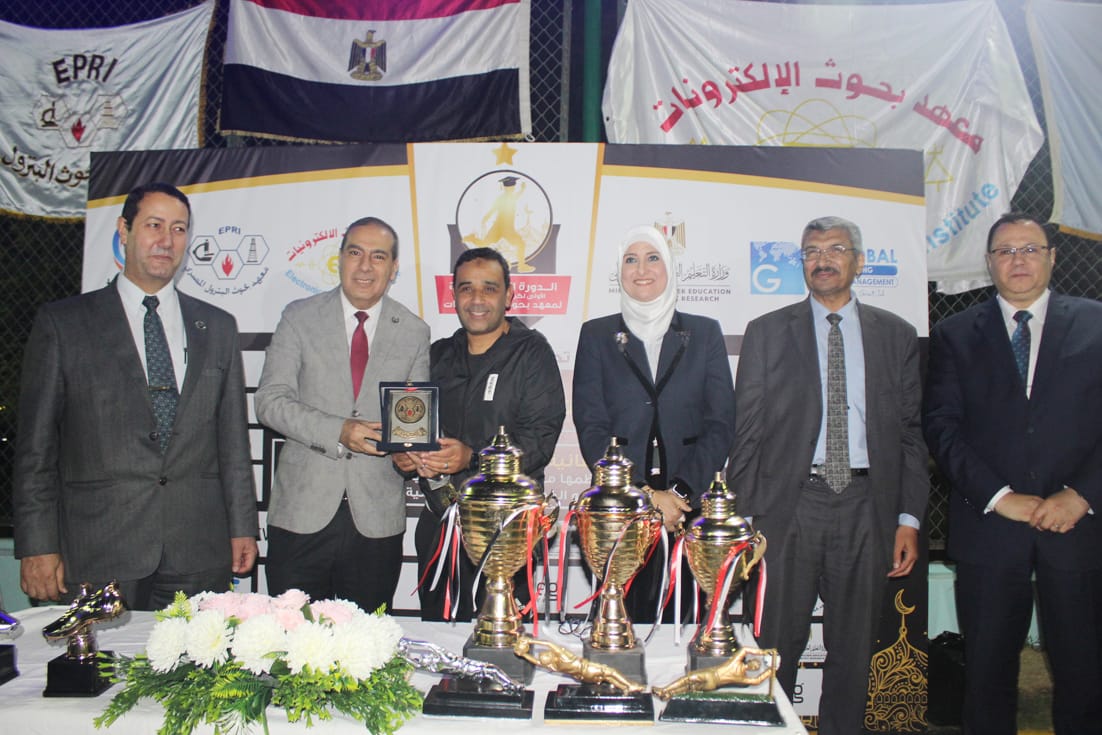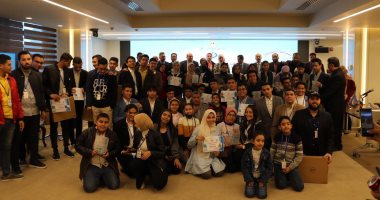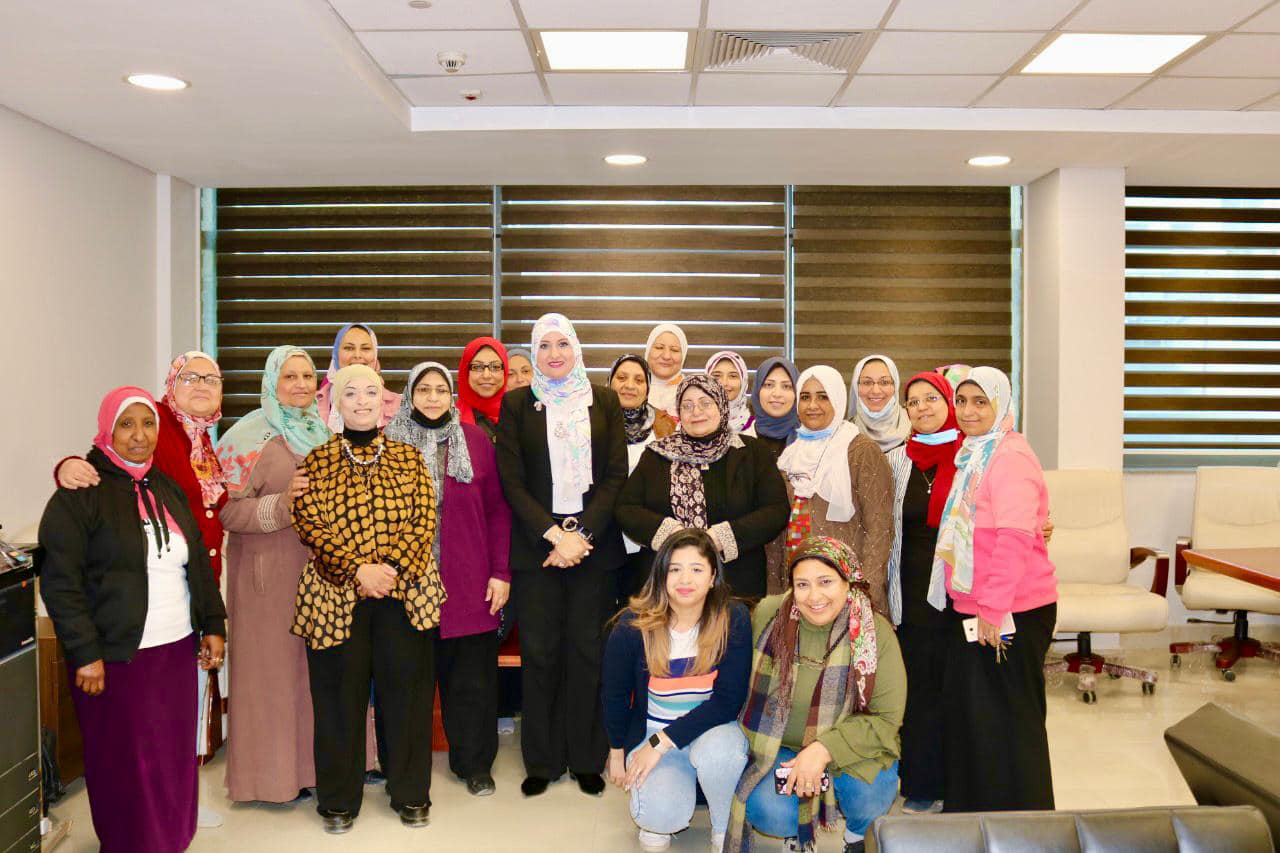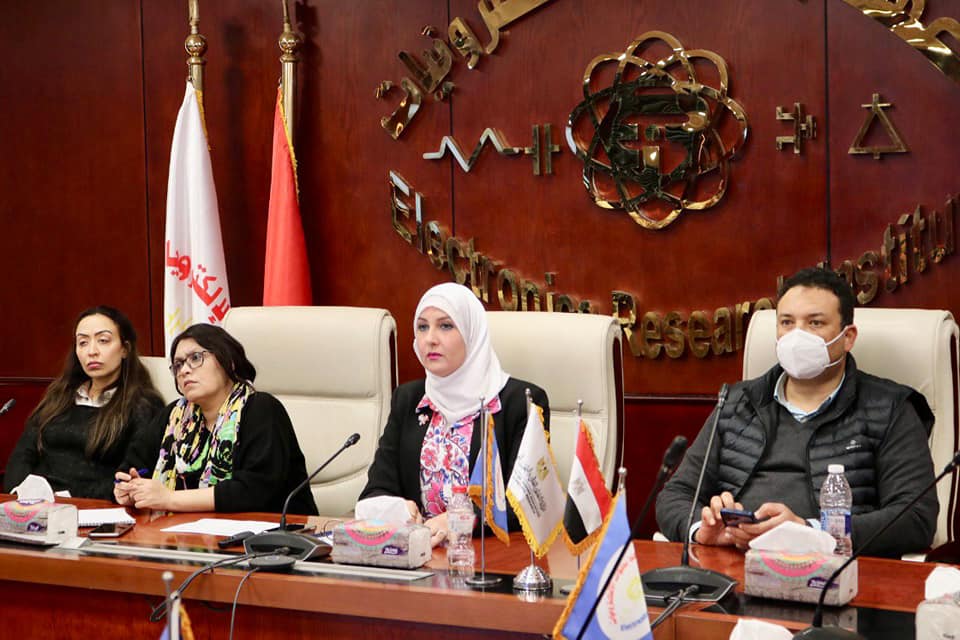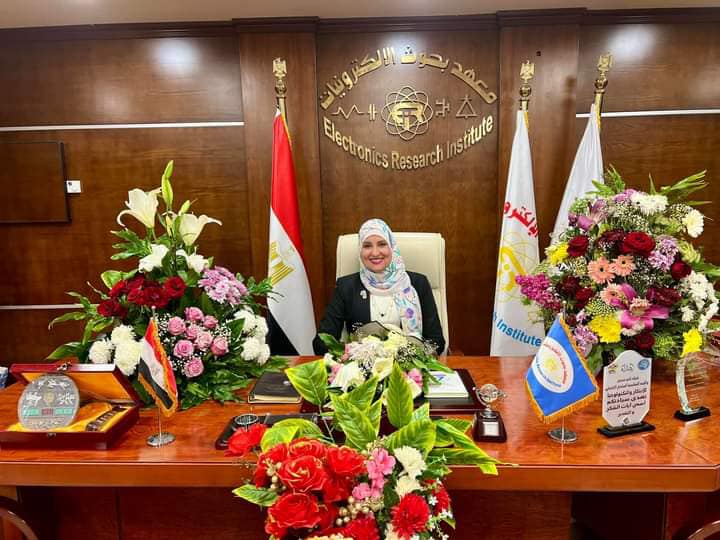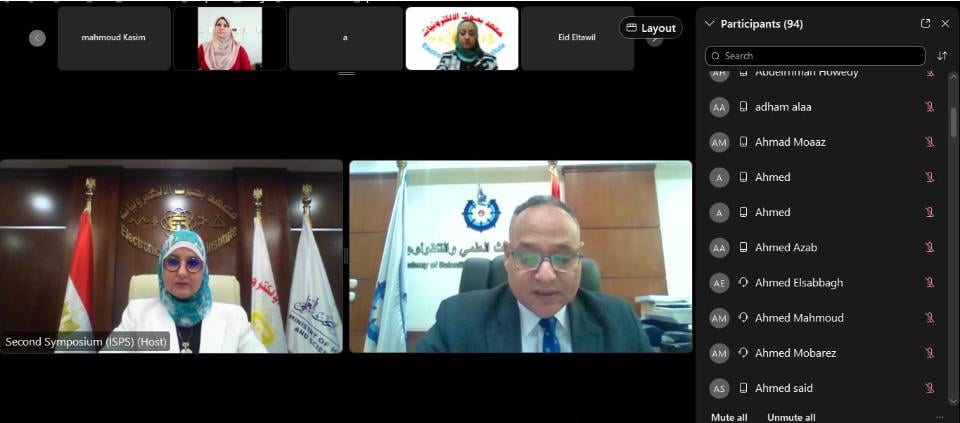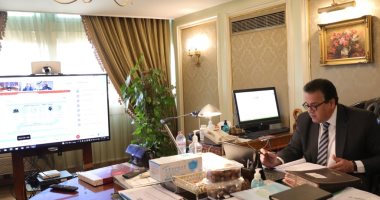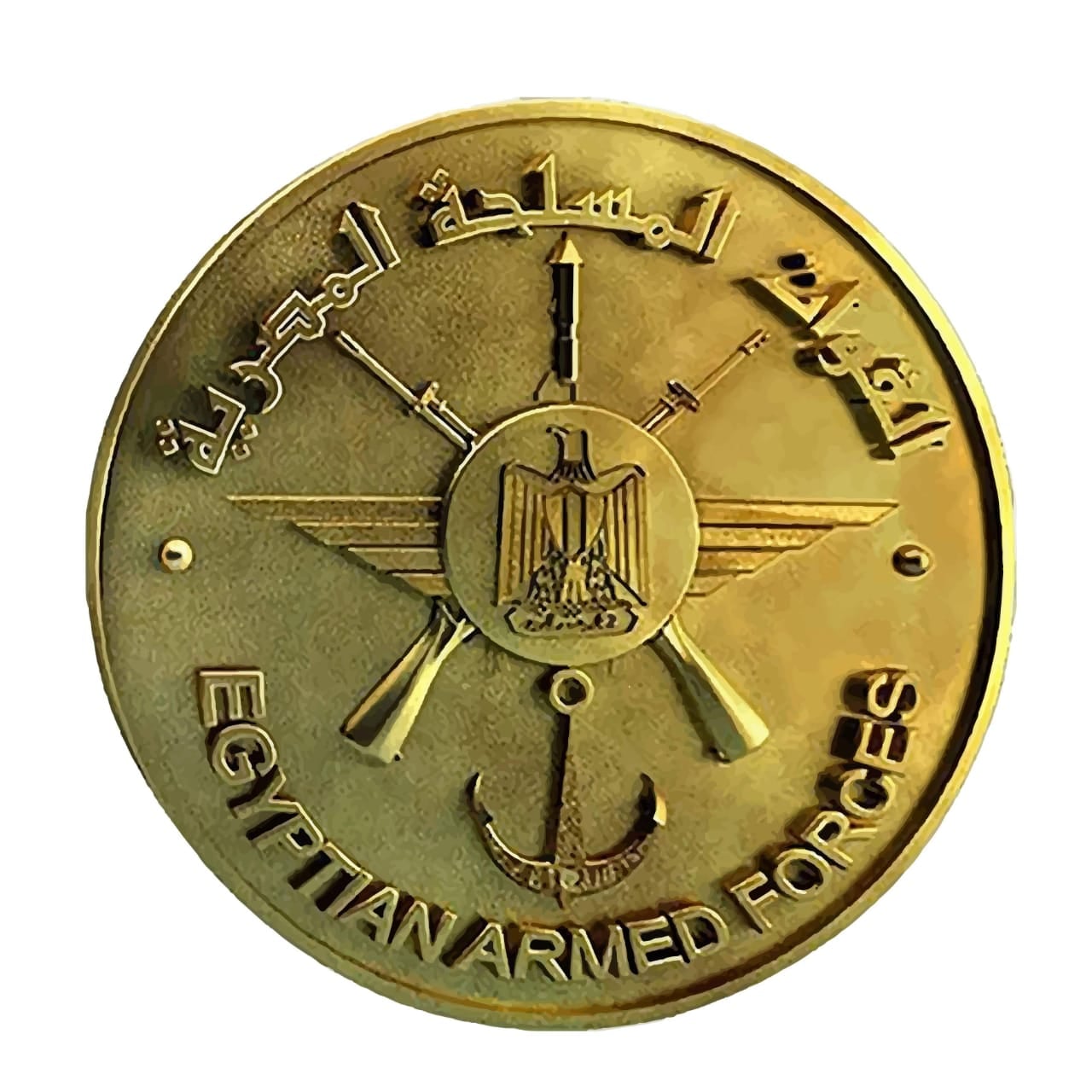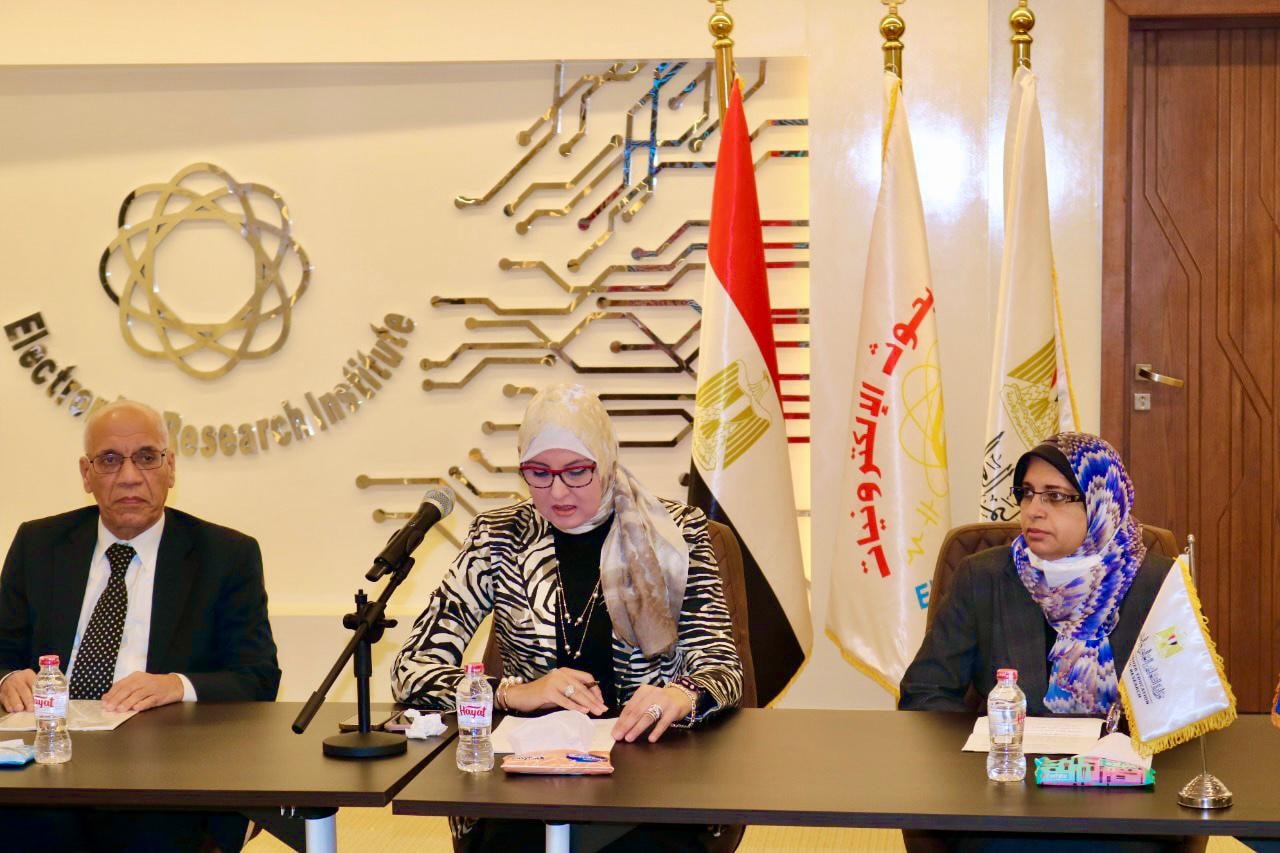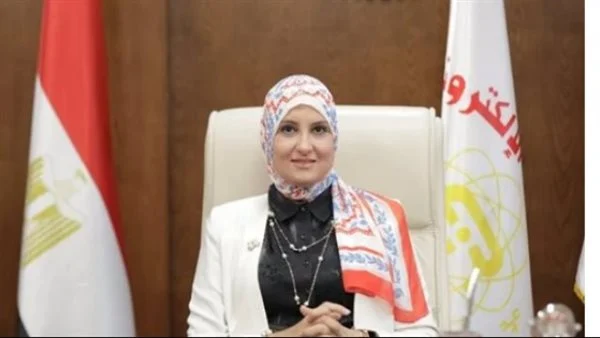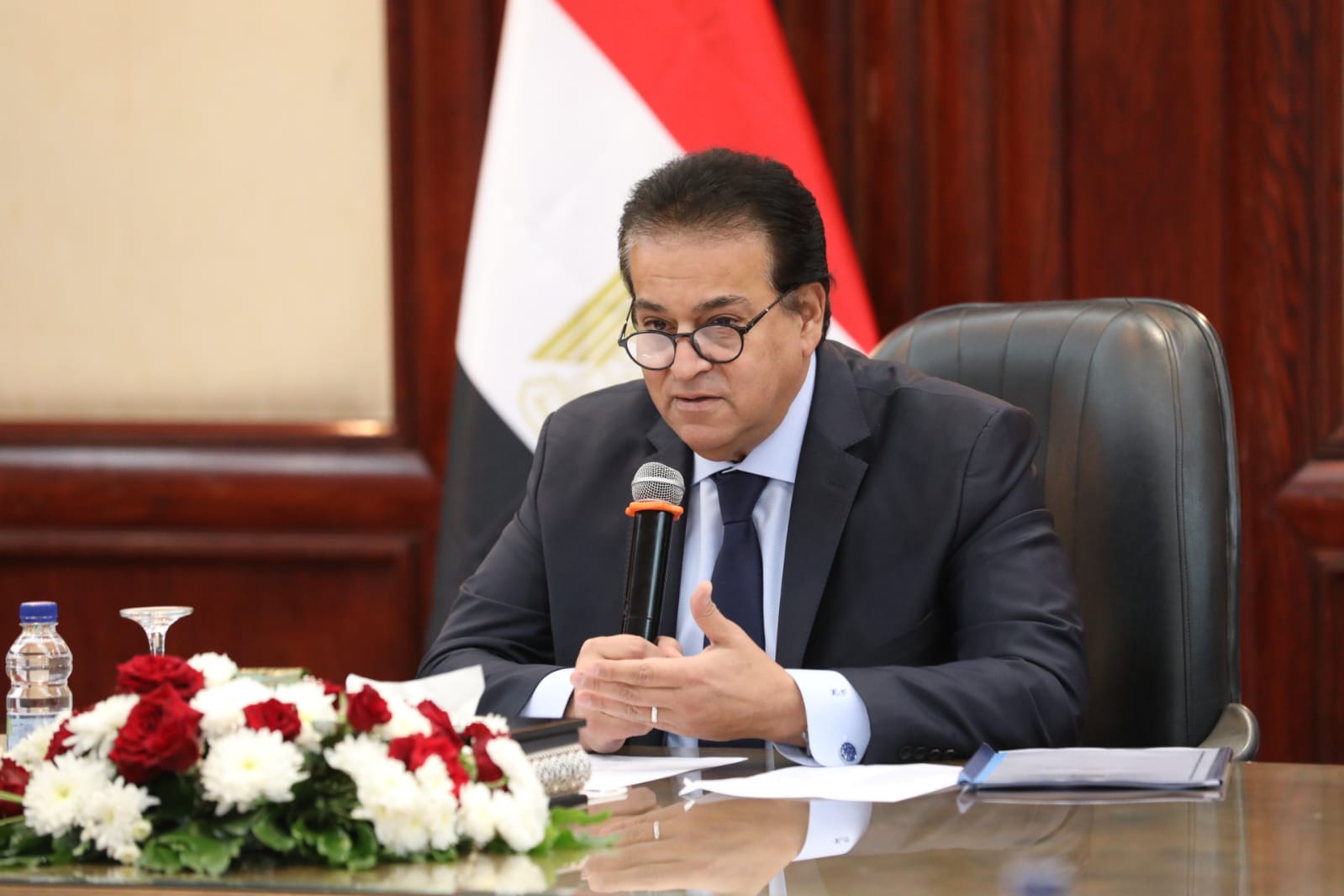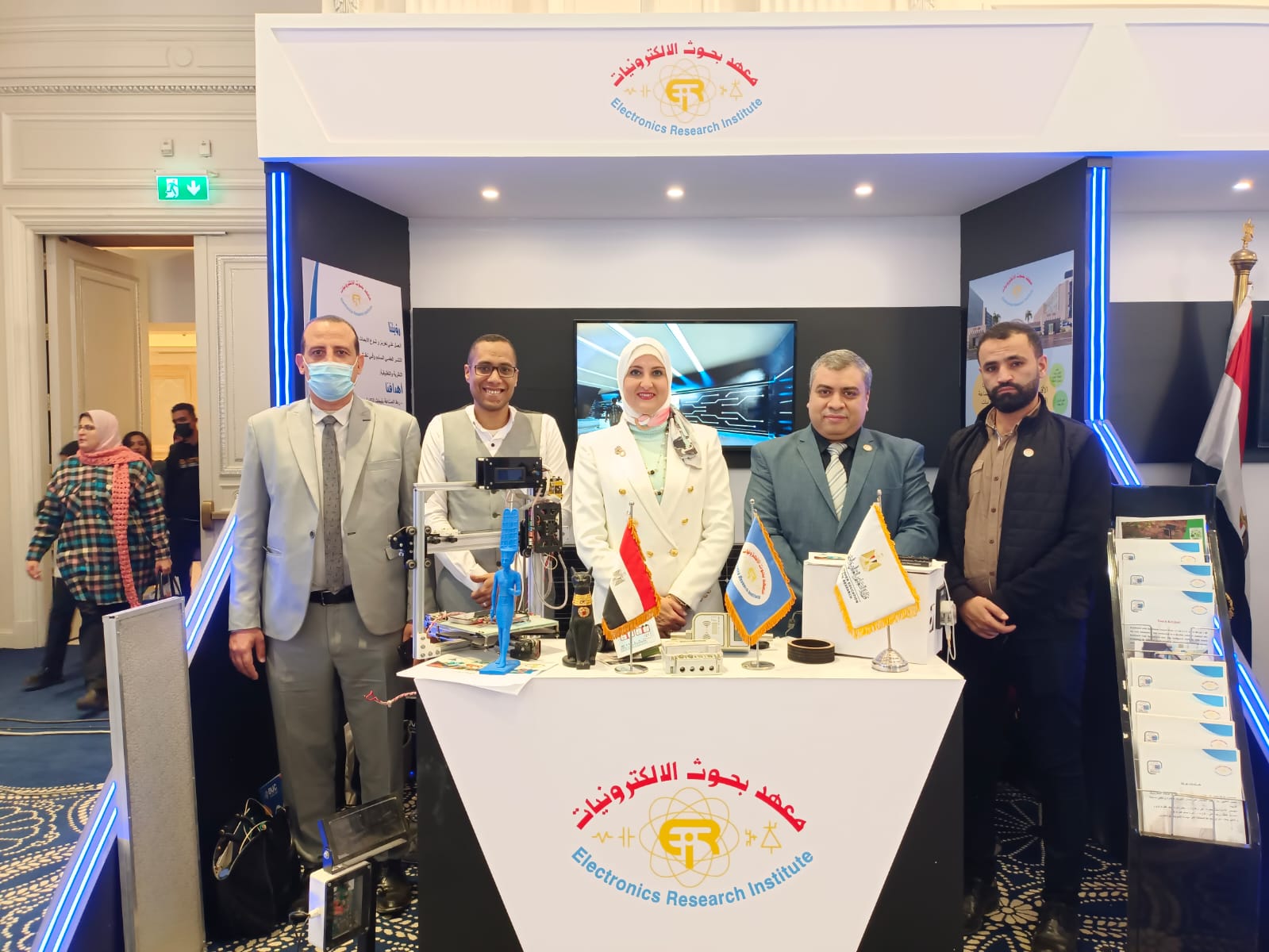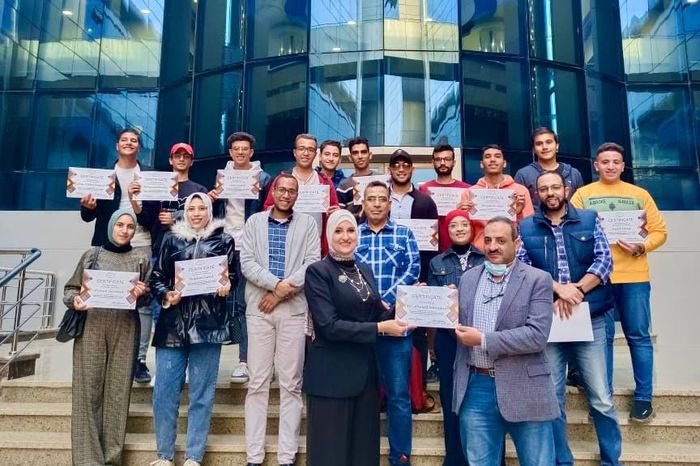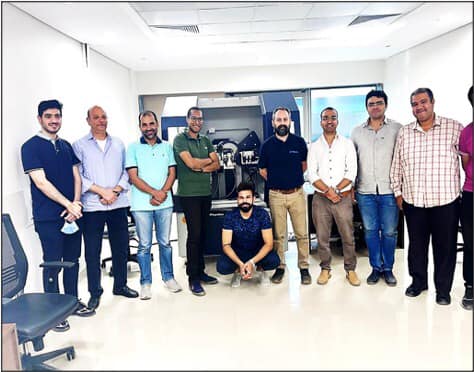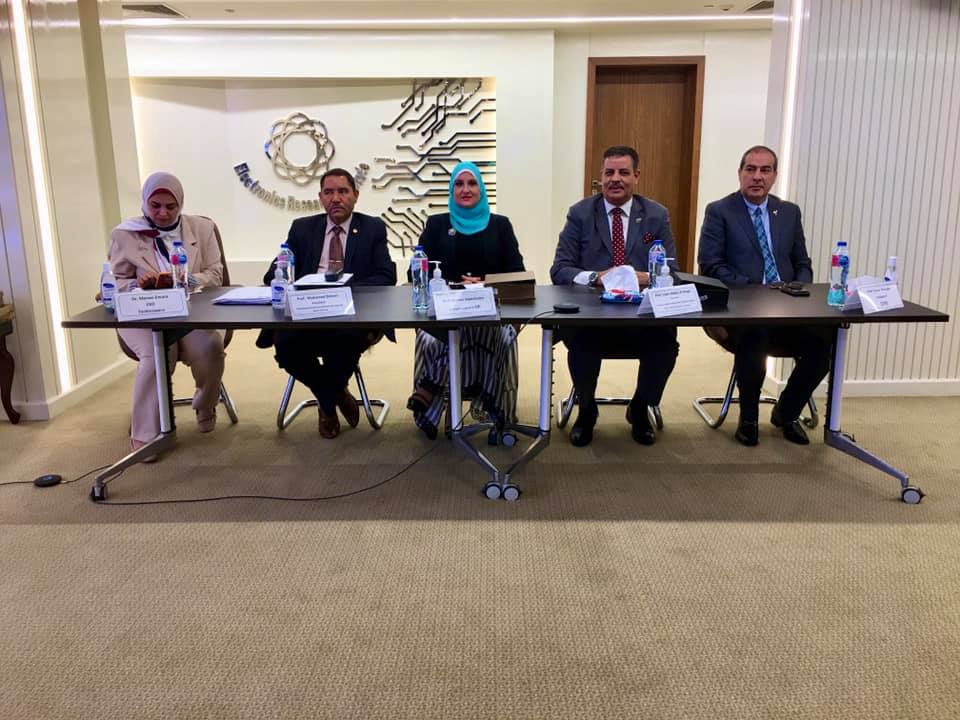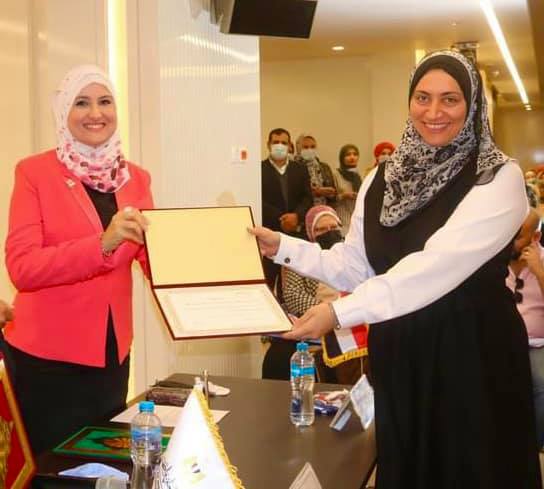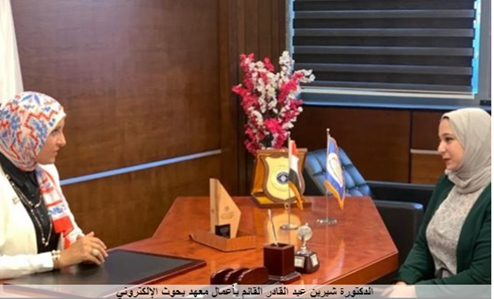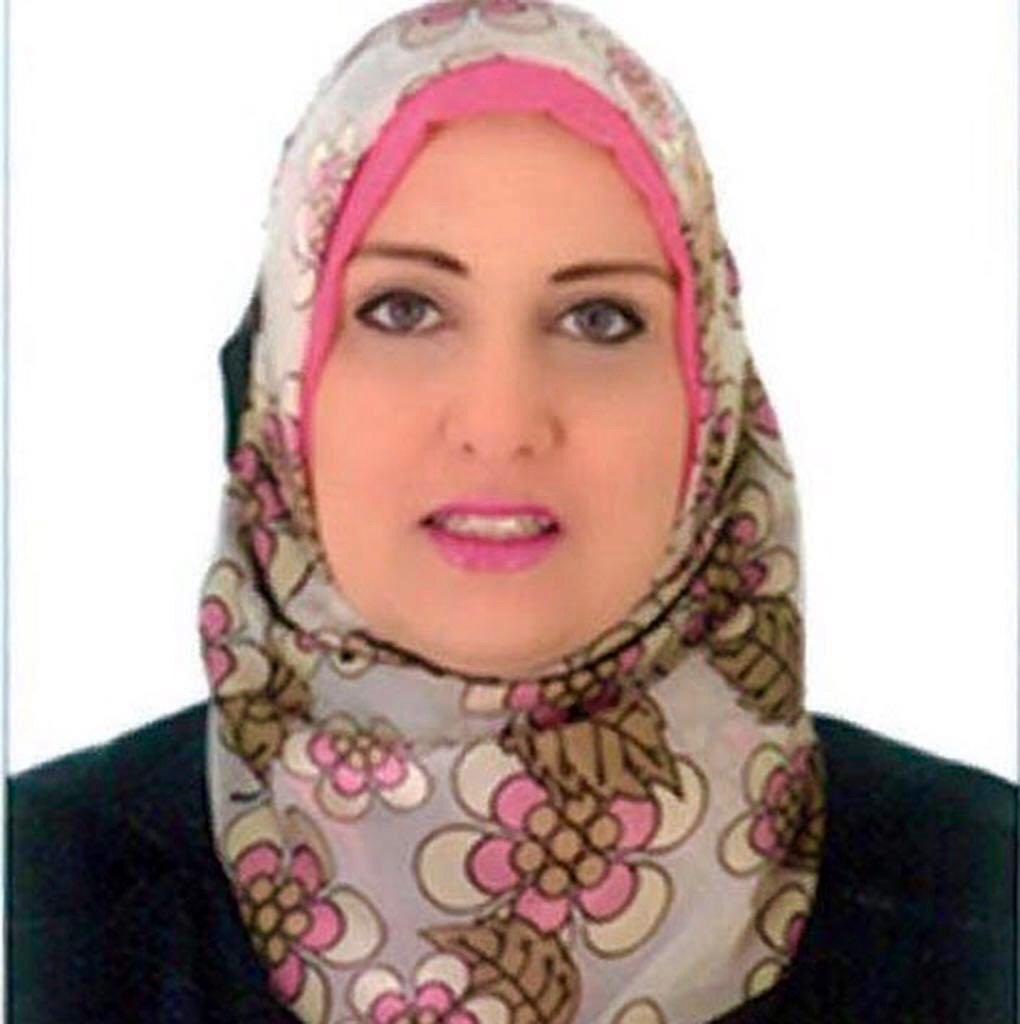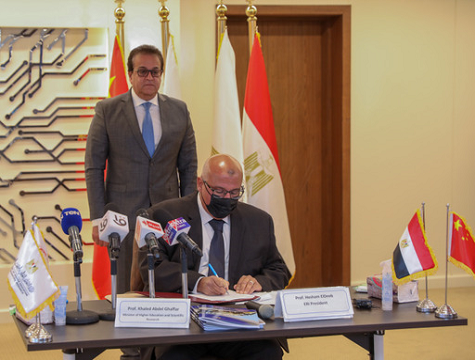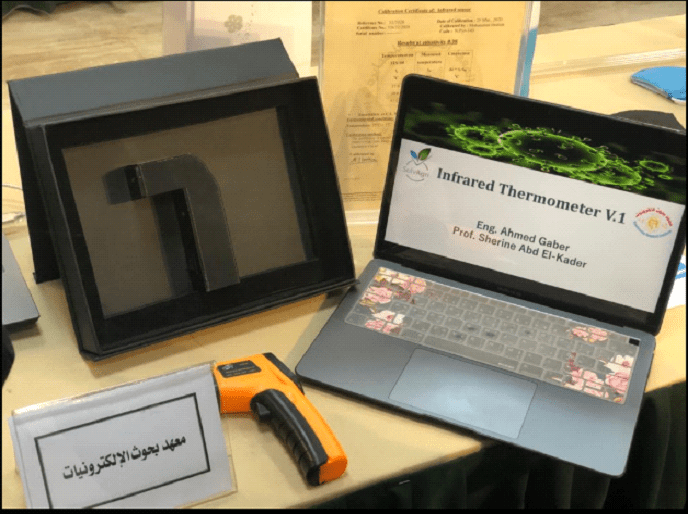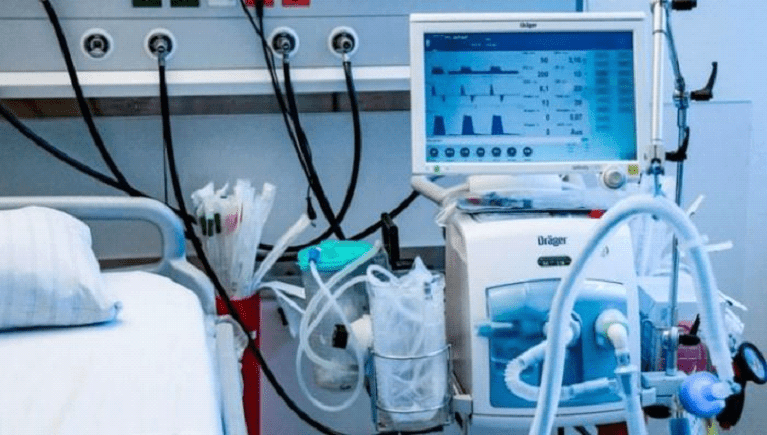Higher Education: The Electronics Research Institute implemented 12 research projects with a value of 31 million pounds during 2021
Dr. Khaled Abdel Ghaffar, Minister of Higher Education and Scientific Research, received a report submitted by Dr. Sherine Abdel Qader Muharram, Acting President of the Electronics Research Institute, on the Institute’s performance harvest for the year 2021.
The report said that in 2021, the institute published 155 scientific papers, the Institute’s members receiving 23 scientific awards in various fields, the Institute’s membership in scientific journals reached 24, and the Institute’s members have authored 8 scientific books.
The report also stated that the institute organized 49 training courses, the number of conferences participating in it reached 37, the number of workshops implemented by the institute reached 65 workshops, the number of international arbitrations reached 145 international arbitrations and the institute obtained a patent during the year entitled "Method of To determine the angle and frequency of the electrical network using virtual power”.
The institute implemented 12 external research projects in 2021 with a total EGP 31,400,000 estimated budget and 10 internal research projects with a total EGP 2,900,000 estimated budget. Some of the notable projects are:
-a precise and insatiable current transformer for measuring alternating current.
-Power frequency Innovative design based on hybrid system of vertical axis wind turbines combined with self-controlled solar panels to boost renewable electric energy
-Mobile phone transmitter and receiver in LTE frequency domain
-Intelligent management of water resources based on the use of green energy and Internet of things, among others projects.
The report stated that the institute had signed a number of local and international contracts and protocols with a number of authorities.
The report indicated the readiness of 7 specialized laboratories, equipped at the highest level, to receive clients from the research and development departments in industrial and telecommunications companies, government and private laboratories and independent researchers. The Laboratories are also available to individuals who support the efforts of the Institute in service of scientific research, civil and industrial societies. These labs are:
-Specific Absorption Rate Measurement Laboratory
-Millimeter wave measurement lab,
-printed circuit manufacturing lab,
-X-Ray Diffraction lab,
-Design and modeling lab,
-Lithium-ion battery research and manufacturing lab,
-Electronic waste lab.
The report added some of the notable events that the institute was involved in during 2021:
-winning the best website award at the level of research institutes and centers
-Launching the Iprenuer initiative to support the establishment of start-up companies for researchers in cooperation with the Center Industrial modernization of the Ministry of Trade and Industry
-The launch of the opening ceremony of the African Innovation and Technology Forum, which was held from 12-13 November 2021 in cooperation with a company, and with the participation of many African countries
-The completion of market and economic feasibility studies for the implementation of the construction of the clean room in the institute.
The report pointed to the institute’s success in making a preliminary version of a number of marketable products including:
-A portable device for rapid detection of viruses and bacteria in biological samples.
-The design and implementation of antennas for mobile phone stations for the second, third and fourth generation.
-Ground penetrating radar.
-An energy monitoring device for wireless sensors in Internet systems.
-A device for securing museums using microwaves.
-The design and manufacture of some sub-systems as spare parts for radar devices
-A programmable sound and light alarm to protect the internal combustion engines of cars from exceeding the safe limit
-Solar panels with a capacity of about 250 watts.
The report added some products close to developing a prototype:
-The Cubsat satellite communications system in the S-band frequency range
-Apump protection device from dry circulation without mechanical sensor
-An electronic chip for a low-power transmission in the ultra-wide frequency range
The report noted some products where most of the technical knowledge necessary for their development and production has been acquired through participation in research projects:
-Tissue micro sensors for breast cancer detection.
-The local manufacture of a sewage treatment smart device for domestic and industrial uses using the Internet of Things.
-A vital signs monitoring sensor for Measuring the water level in the human lung.
-A three-level solar energy inverter with a capacity of 20 kilowatts to connect to the electric grid.
-The use of the smart agent with the help of natural language in education.
-A smart program for verbal math problems.
The report concluded by providing a number of the institute’s technical engineering and manufacturing consultancies for all industrial productive sectors:
-The design, manufacture and measurement of micro-tape circuits and flat antenna systems in the microwave frequencies range.
-The field of textile industries
- The field of manufacturing medical devices for the detection of bacteria and viruses in biological samples.
-Designing and manufacturing spare parts for devices such as radars of all kinds that operate in the microwave range.
-Supervising the implementation of solutions to address electrical energy quality problems.








